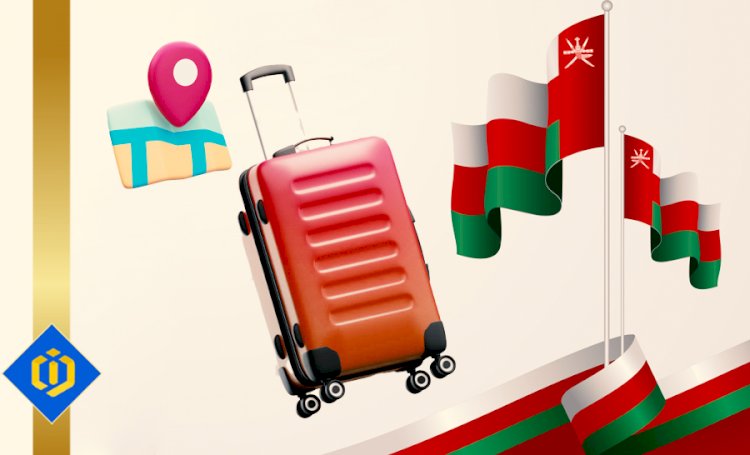Making Oman Home: A Practical Handbook for Immigrants

Are you thinking about making Oman your new home as an immigrant? Then, it's important to have a solid understanding of the various aspects of life in the country. This article aims to provide you with valuable insights into housing and cost of living, taxation, job and business opportunities, quality of life, social support and education, healthcare, legal and administrative considerations, as well as cultural and language differences.
Housing and Cost of Living:
As of the latest update in 2021, the rental prices in Oman vary depending on the location. In the city center, the monthly rent for a one-bedroom apartment ranges from approximately $500 to $700 USD, while outside the city centers, it can be around $350 to $500. The overall cost of living in Oman is relatively moderate, although it is important to note that ongoing economic reforms may result in gradual increases.
Taxation:
Oman does not impose personal income tax on salaries or wages. However, discussions have taken place regarding the introduction of a Value Added Tax (VAT) system to diversify revenues in response to the impact of falling oil prices. At the time of the last update, the VAT rate was set at 5%.
Job and Business Opportunities:
While Oman's economy has traditionally been reliant on oil and gas, the country is actively working towards diversification under the Oman 2040 Vision. This diversification drive has created emerging opportunities in sectors such as tourism, manufacturing, fisheries, mining, and logistics. Oman actively encourages foreign investments, particularly those that align with its diversification efforts.
Quality of Life:
Oman offers a peaceful and relatively relaxed lifestyle. The country boasts a blend of modern infrastructure and rich historical and cultural landmarks. From breathtaking mountains to vast deserts and stunning coastlines, Oman's natural beauty is truly captivating.
Social Support and Education:
For families relocating to Oman, there are several international schools available, primarily in the capital city of Muscat, catering to various curricula. The presence of a diverse expatriate community in Oman ensures a range of social groups and activities for foreigners.
Healthcare:
Oman has a well-structured healthcare system that includes both public and private hospitals. Basic healthcare services in the country are of good quality. However, for specialized treatments, it may be necessary to seek medical care abroad.
Legal and Administrative Considerations/Immigration Process:
To reside in Oman as a foreigner, securing employment is typically a requirement, and employers often assist with the employment visa process. Family members can be sponsored under a family joining visa. It is crucial to stay updated on the evolving regulations regarding foreign labor, as the Omani government has been implementing measures to promote the employment of Omani nationals, known as "Omanization."
Cultural and Language Differences:
Arabic is the official language of Oman, although English is widely spoken, particularly in the business sector. Omani culture is deeply rooted in Bedouin traditions and Islamic principles. Understanding and respecting local customs, dressing modestly, and recognizing the significance of religion in daily life are important aspects of integrating into Omani society.
By familiarizing yourself with these various aspects of life in Oman, you can embark on your journey with confidence and embrace the opportunities and experiences that await you in your new home.
Author: Pooyan Ghamari, Swiss Economist & Visionary

 content-team
content-team 






















